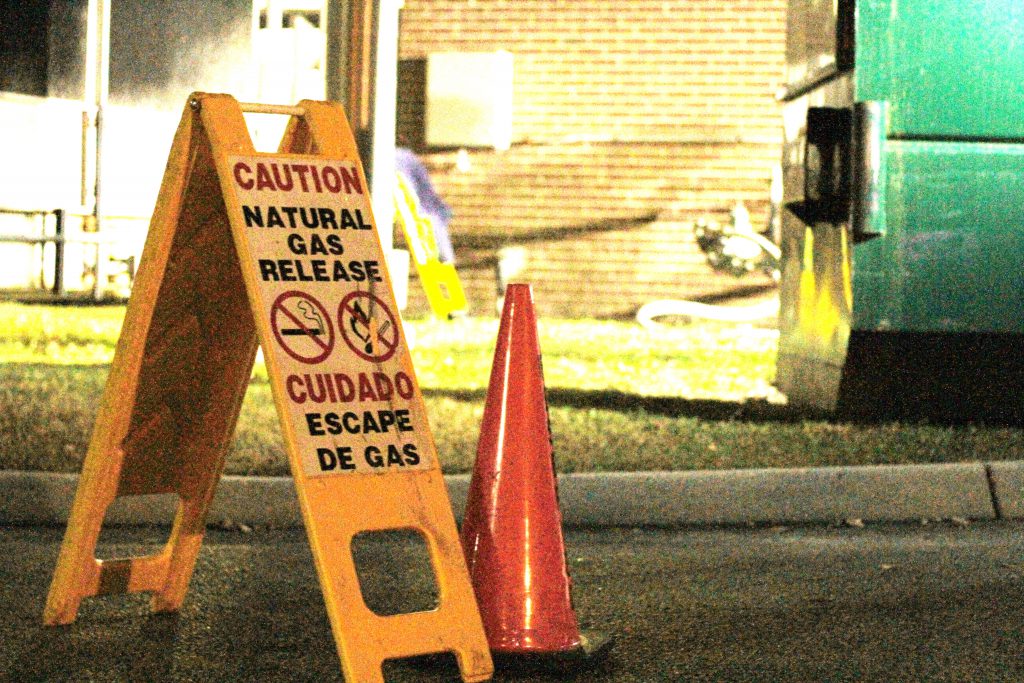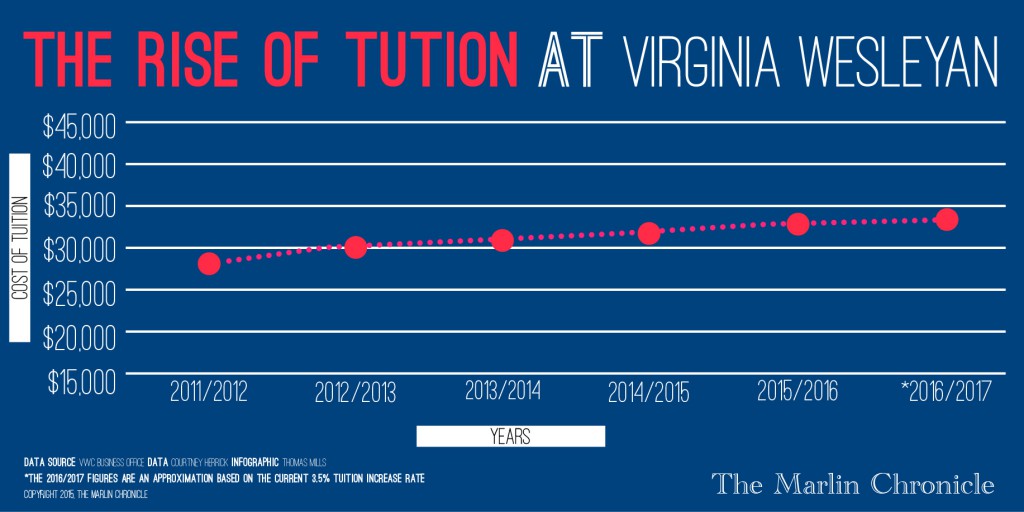On Thursday, April 8, Virginia Wesleyan University hosted a “Politics & Subs” deliberative discussion at the Batten Student Center. The event was organized by Associate Director of the Robert Nusbaum Center Kelly Jackson and senior Ashley Roehrman.
The event was formatted as an open dialogue with two moderators, Jackson and Dr. Craig Wansink. According to Jackson, the event was intended to help “mend [the] frayed relationships” that plague our country. It echoes the goal of the Robert Nusbaum Center: to bring together “diverse perspectives” for “learning and dialogue that cultivates mutual understanding and respect.”
The topics of discussion were outlined in an issue advisory from the National Issue Forums, a nonprofit, nonpartisan organization that encourages public deliberation. This issue advisory, entitled “A House Divided: How Do We Get the Political System We Want? What Would We Have to Give Up to Get It?” lays out three methods for reforming the political system to be more effective and worthy of confidence. Each method had the goal of improving voter turnout, correcting major economic and social problems within the country and restoring the confidence of the people in national institutions. The first method was to reduce dangerous, vitriolic speech, particularly in the media. Method two was to make the rules of politics more fair, and then enforce them so that the playing field is more even and extreme partisanship is reduced. The final method outlined was for the people to have more control and begin making a greater number of decisions on the local level. This would reduce the amount of voices and opinions that the federal government is trying to accommodate.
Joseph Mueller, a sophomore, attended the discussion. According to him, the general consensus of the group was that there needs to “be more rules in place for how people in power can affect their chances of maintaining power.” This draws on the problems of intense lobbying and political campaign funding, two things that encourage extreme partisanship.
Roehrman said that students cared most about “education, economics and government involvement,” all of which can be applied to environmental concerns. The topic of government involvement was mentioned by Mueller as well, since another option discussed by the group was “increasing censorship.” The idea of reducing toxic language in politics is controversial because, as the issue advisory points out, the Bill of Rights protects peoples’ right to express themselves and speak freely.
In this discussion, students emulated the options in their speech and actions. While “some students were more vocal about where they stood,” Roehrman commented, this didn’t apply to all students. The format allowed for discussion, began with fair guidelines and didn’t reduce into dangerous speech. According to Jackson, this format “gives participants the opportunity to more deeply understand the nuances and trade-offs of each option.”
When asked whether partisan lines were evident, Mueller said that “it was difficult to pretend partisanship wasn’t involved,” but that “they didn’t come up the way they normally do in discussions.” The event provided an opportunity for students to speak their minds in an environment away from the uneven and unpredictable battleground that is politics.
Previous events have included students from on and off-campus, and Jackson hopes that this tradition can resume once COVID-19 restrictions have been lifted. She hopes that the future events help to “strengthen students’ skills for participating in public life” and allow students to discuss topics that are of concern to them.
By Rhian Tramontana
rjtramontana@vwu.edu

